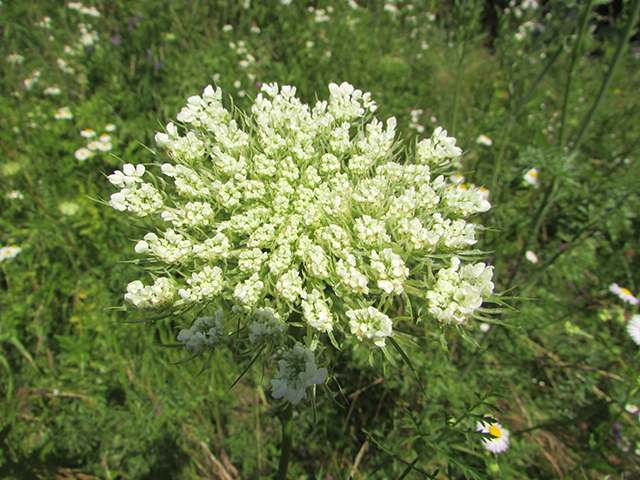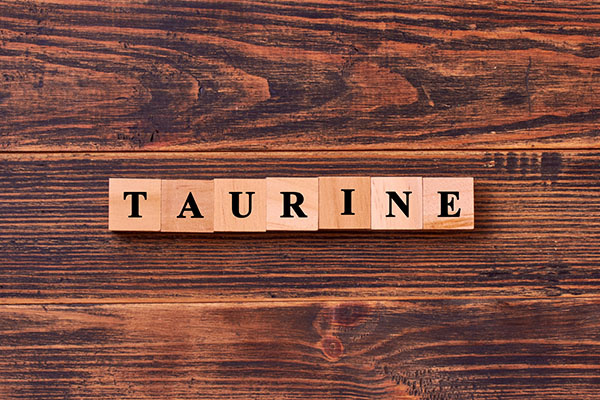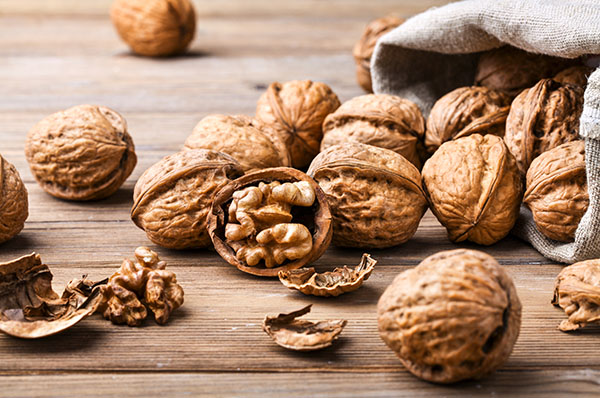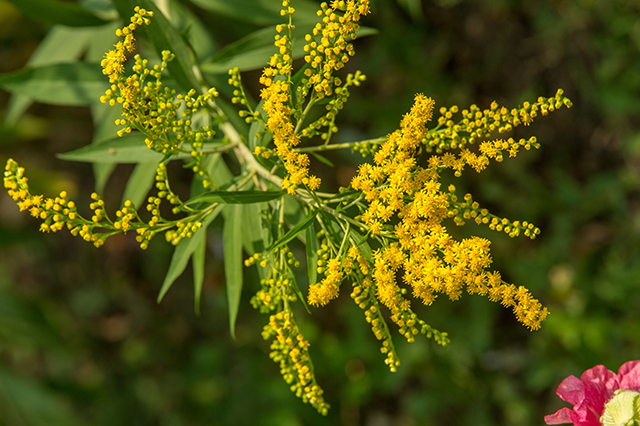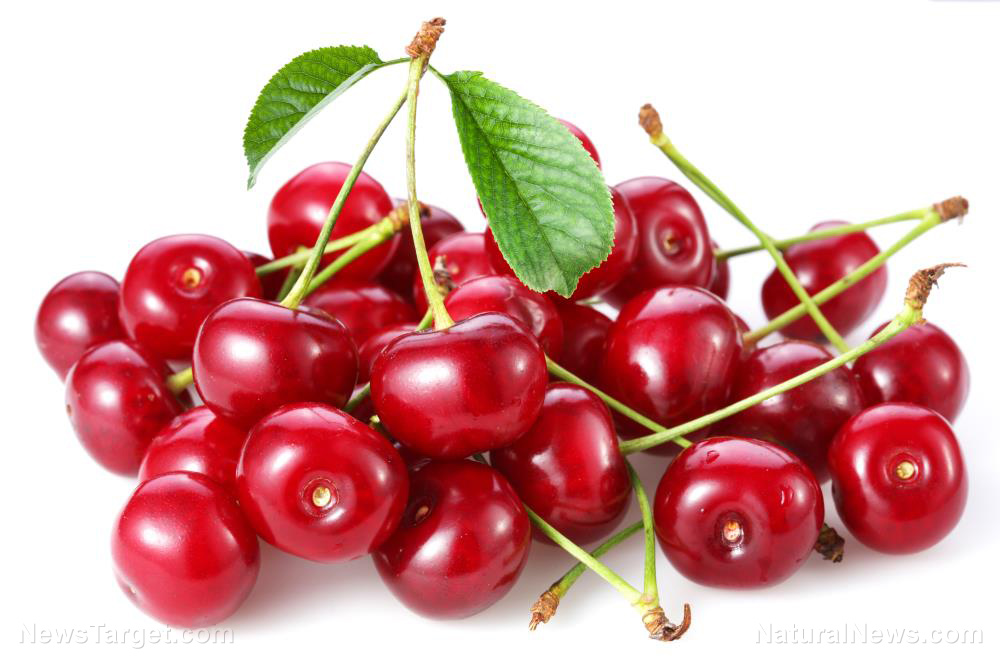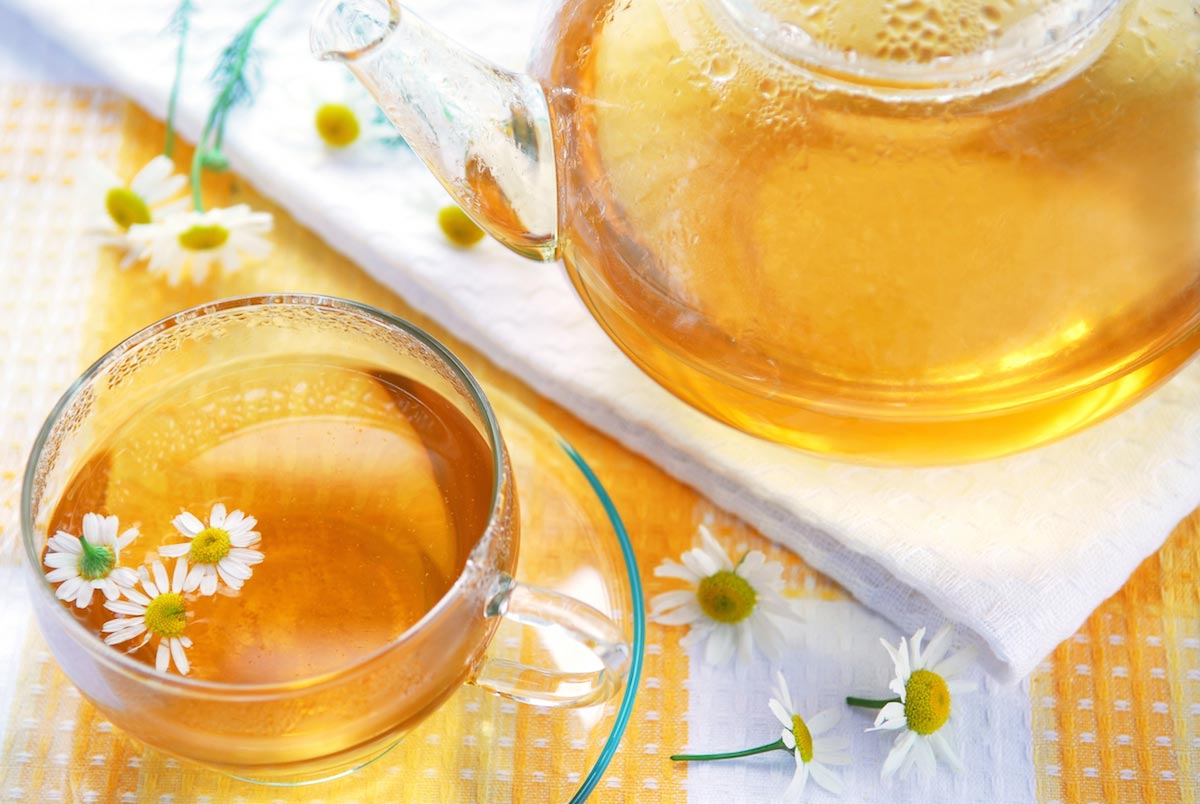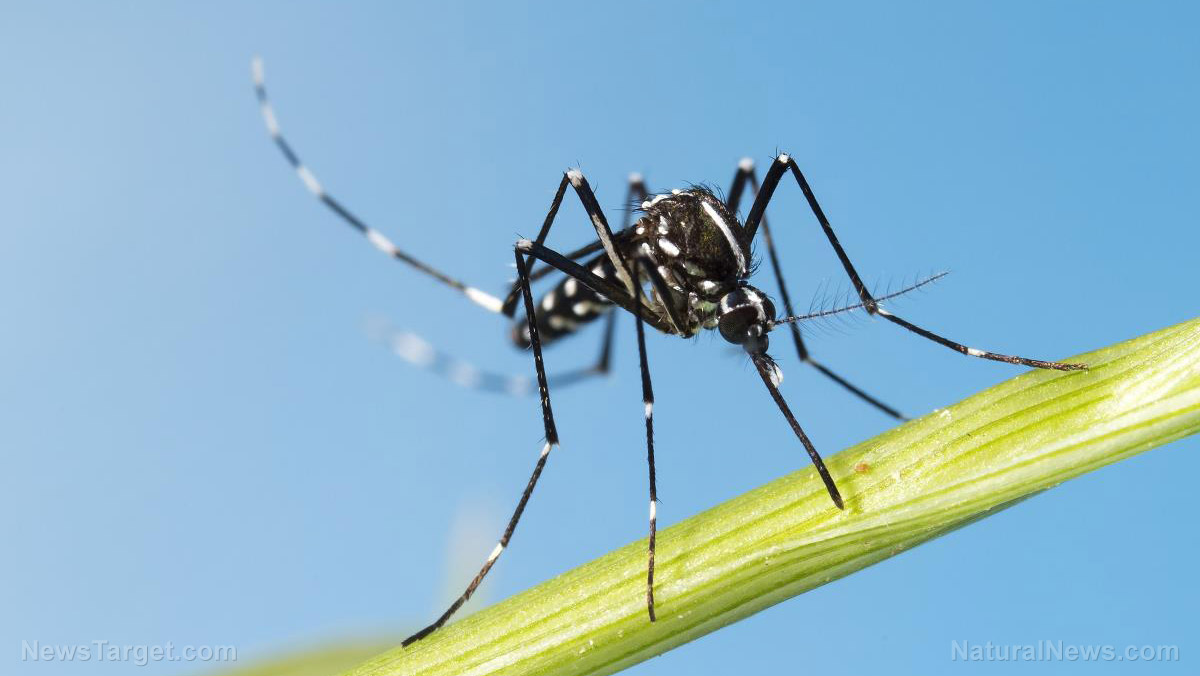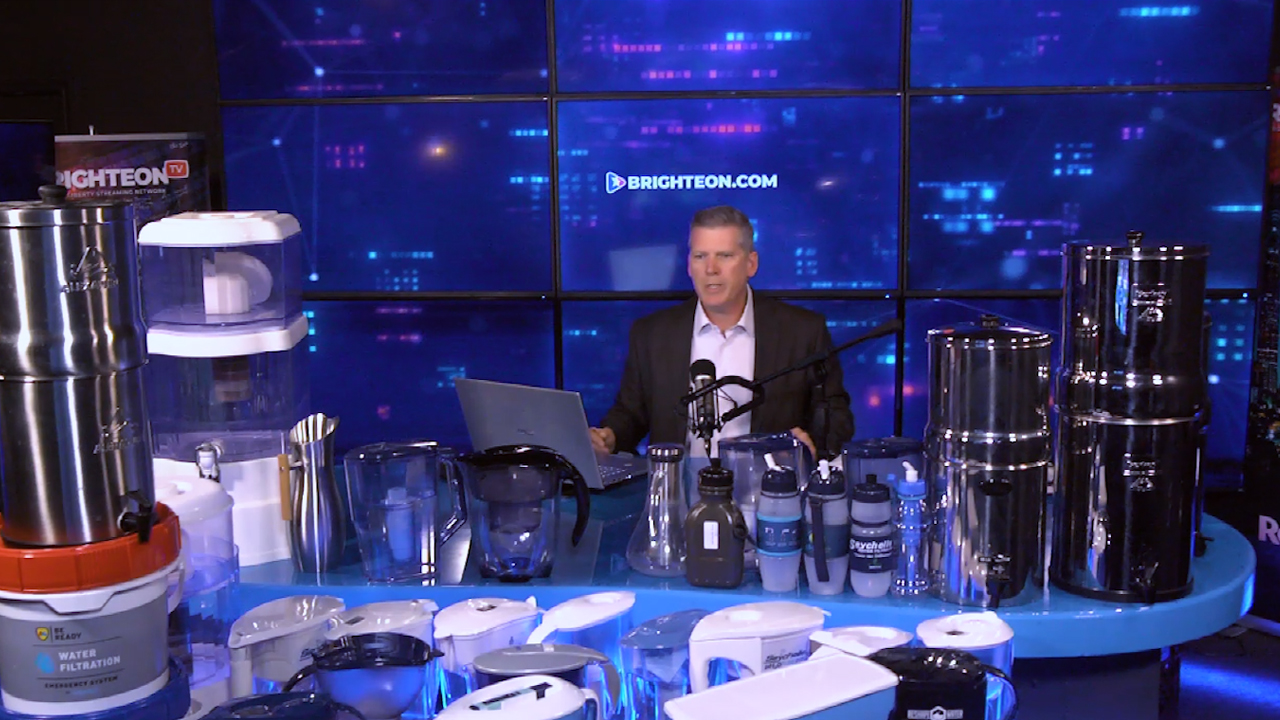NEW FINDING: Colorful turkey tail mushrooms contain compounds that boost immunity and FIGHT CANCER
06/28/2023 / By Olivia Cook

Turkey tail mushrooms (Trametes versicolor) is often seen in forests decomposing dead wood. However, this mushroom – called “yun zhi” in Chinese and “kawaratake” in Japanese – can support the immune system and help fight cancer.
A group of researchers from Poland looked at turkey tail mushroom’s effect on breast cancer. In particular, they zoomed in on protein-bound polysaccharides (PBPs). The results of their findings were published in Cellular Physiology & Biochemistry.
According to the study, PBPs can alter the communication between breast cancer cells and macrophages — white blood cells that consume pathogens and bad cells in the body. PBPs also inhibit cancer cell growth and movement, reduce the release of factors that promote blood vessel growth and increase the production of inflammatory substances with anti-tumor properties.
“These findings suggest that PBPs have chemopreventive properties and they are a promising agents to prevent [triple-negative breast cancer] progression,” the Polish study authors concluded.
A separate clinical study funded by the National Institutes of Health (NIH) also found that freeze-dried T. versicolor dramatically boosts immune function for women with breast cancer from Stage I to Stage III – with the possibility of tumor shrinkage. The study noted that daily administration of turkey tail mushrooms led to increased benefits for the immune system without any negative side effects.
Mycologist Paul Stamets, research director for the NIH study, said cancer is known for evading detection by the immune system. One theory has suggested that consuming T. versicolor can enhance the immune system’s natural killer (NK) cells, which are better able to recognize and bind to receptor sites on tumor tissue.
Two PBPs in turkey tail mushroom stand out
Of the many PBPs in turkey tail mushroom, two compounds stand out – polysaccharide-K (PSK) and polysaccharide-peptide (PSP). Both compounds are known to stimulate the immune system, though only the former gets more attention due to its potential as a cancer treatment. (Related: Turkey tail mushroom finally being studied in U.S. after 30 years of use in cancer treatment in Japan.)
Both compounds contain alpha- and beta-glucans, as well as numerous amino acids like glutamine – which is responsible for the distinct “umami” flavor of mushrooms. PSP can help immune cells recognize invaders and cell abnormalities. Moreover, it can help activate beneficial pro-inflammatory responses to eliminate pathogens and keep cells healthy.
The much-lauded PSK can activate the immune system’s NK cells, increasing white blood cell activation while interfering with enzymes involved in metastasis – the spread of cancer cells from one portion of the body to another. A 2008 study in BMC Cancer expounded on this, adding that PSK prevents cancer cells from dividing out of control. PSK also works alongside a unique lipid in turkey tail mushrooms to increase its uptake, further bolstering its health benefits.
Incorporating turkey tail mushrooms into the daily diet
Turkey tail mushrooms can be consumed in several ways:
- Add to recipes. Finely chop or grind dried turkey tail mushrooms and incorporate them into favorite soups, stews, or sauces. The mushrooms’ umami flavor also helps the dishes taste better.
- Capsules or powders. These are convenient ways to add turkey tail mushrooms to the daily routine; just make sure to choose a reputable brand.
- Extract. This is a liquid form available in a dropper; the liquid can be squeezed directly into the mouth.
- Tea. Steep dried turkey tail mushrooms in hot water for a soothing and healthy beverage. They also now make mushroom coffee blends, which some say taste much better.
AntiCancer.news has more stories about natural cancer cures.
Watch this video about mushrooms and cancer.
This video is from the Holistic Herbalist channel on Brighteon.com.
More related stories:
Three medicinal mushrooms are proven to fight disease.
Mushrooms: The underestimated superfood.
Sources include:
Submit a correction >>
Tagged Under:
alternative medicine, anticancer, breast cancer, cancer tumors, food cures, food is medicine, herbal medicine, Herbs, immune system, polysaccharide-K, protein-bound polysaccharides, PSK, PSP, research, turkey tail mushroom
This article may contain statements that reflect the opinion of the author
RECENT NEWS & ARTICLES
Natural.News is a fact-based public education website published by Natural News Features, LLC.
All content copyright © 2018 by Natural News Features, LLC.
Contact Us with Tips or Corrections
All trademarks, registered trademarks and servicemarks mentioned on this site are the property of their respective owners.





